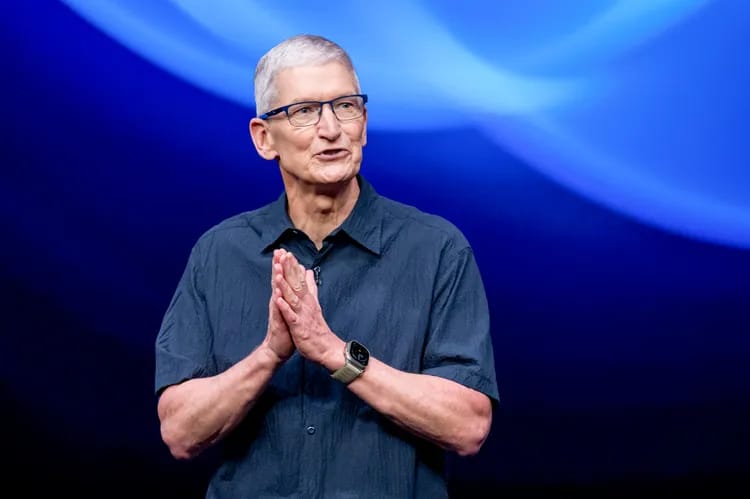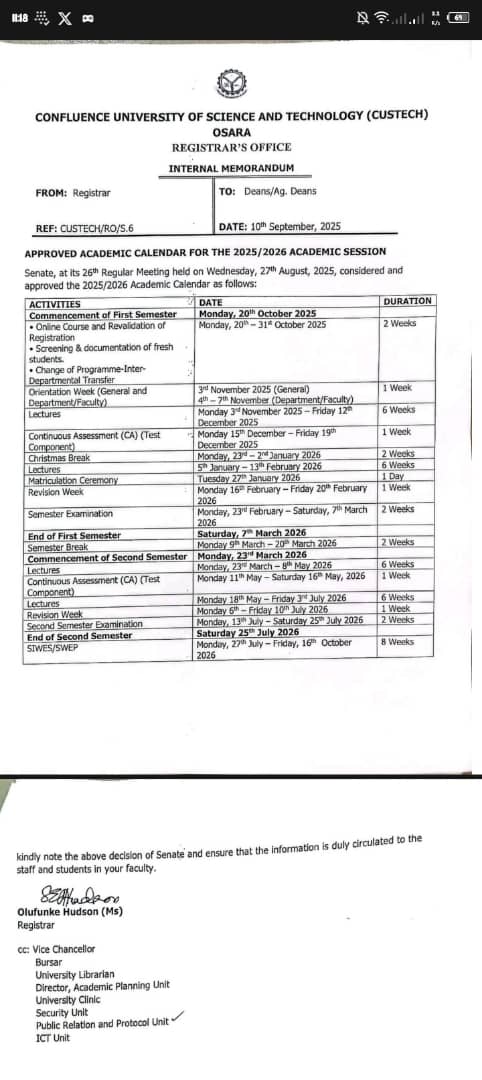For decades, the traditional four-year college degree has been seen as the ultimate ticket to a successful career, particularly in competitive fields like technology, finance, and engineering. Parents encouraged their children to pursue university education, students invested years of their lives into academics, and employers often set degrees as strict requirements for job applications.
But the world is changing—and fast. Today, some of the most influential voices in the technology industry are challenging the once unquestionable value of formal university degrees. Recent remarks from top CEOs, including those at Palantir, Apple, and Nvidia, suggest that the future of work may depend less on diplomas and more on practical skills, passion, and adaptability.
Why Tech Leaders Are Questioning Degrees
- The Skill Mismatch Problem
Many companies argue that universities are struggling to keep up with the rapidly evolving demands of the modern workplace. For example, Apple CEO Tim Cook revealed that nearly half of Apple’s U.S. workforce does not hold a traditional four-year degree. Instead, Apple prioritizes practical skills like coding, problem-solving, and teamwork—qualities often developed outside the walls of a lecture hall. According to Cook, the skills employers need often don’t match what universities teach. This disconnect forces companies to rethink how they recruit and what they value in candidates. - Performance Over Credentials
Alex Karp, CEO of Palantir, highlighted that what truly matters is not where someone studied—or even whether they studied at all—but how they perform on the job. He boldly stated that working at Palantir itself is the best credential in tech. His perspective reflects a broader industry shift: companies want people who can deliver results, not just degrees. - Changing Fields of Study
Nvidia’s Jensen Huang went a step further, reflecting on how the relevance of degrees has shifted over time. If he were starting out today, he said, he might not study electrical engineering as he did in the past. Instead, he would consider disciplines like physics or chemistry, which are increasingly relevant to today’s breakthroughs in artificial intelligence, robotics, and advanced computing.
Lessons from Tech Icons: College Dropouts and Innovators
This debate is not entirely new. Some of the most iconic figures in tech history—including Steve Jobs, Bill Gates, and Mark Zuckerberg—were famously college dropouts.
- Steve Jobs often criticized rigid academic systems for stifling creativity. His decision to drop out of Reed College didn’t stop him from founding Apple and reshaping the future of personal technology.
- Bill Gates, however, has been more cautious. While he left Harvard to co-found Microsoft, he later admitted that dropping out is a path suited only for a very rare few. Gates often encourages young people to value broad learning because knowledge is an asset that grows in importance over time.
- Mark Zuckerberg, like Gates, left Harvard to build Facebook. His story illustrates that sometimes opportunities outside school can be too significant to ignore.
These examples fuel the myth that college isn’t necessary for success in tech. But the truth is more nuanced: while some have succeeded without degrees, countless others benefited from the structure, networks, and knowledge universities provide.
The Global Conversation: Is College Still Worth It?
The current wave of skepticism isn’t limited to American CEOs. Globally, experts and business leaders are questioning whether spending four or more years (and tens of thousands of dollars in tuition) is the best way to prepare for the modern workforce.
For instance, Nikhil Kamath, co-founder of Zerodha in India, recently argued that the days of the traditional four-year degree are numbered. In his view, the job market of the future will be dominated by one critical skill: the ability to adapt and continuously learn.
Similarly, reports show that many Gen Z entrepreneurs are skipping college altogether, preferring to jump straight into startups, coding boot camps, or freelancing opportunities where real-world experience counts more than academic theory.
What This Means for Students and Job Seekers
If you’re a student today, these shifts may leave you with big questions:
- Should I still pursue a degree?
Yes—but strategically. A degree can still open doors, especially in fields like medicine, law, and engineering where formal credentials are legally required. However, in tech and other fast-changing industries, degrees should be paired with practical, real-world skills. - What skills matter most?
Employers are increasingly looking for:- Coding and data analysis abilities
- Creativity and problem-solving skills
- Adaptability and willingness to learn
- Communication and collaboration abilities
- A portfolio of projects or work experience that proves competence
- Can I succeed without a degree?
It is possible, but not easy. Success without a degree requires exceptional skills, discipline, and often, a strong network. For most people, combining education with skills training provides the safest and most effective path.
The Future of Education and Work
The message from tech leaders is clear: education is evolving. Instead of asking whether a degree is necessary, the better question might be: What combination of education, skills, and experience best prepares me for the future?
We may see more people choosing alternatives to traditional college—like online courses, specialized boot camps, apprenticeships, and certification programs. At the same time, universities may be forced to update their curricula to align more closely with industry needs.
In this new landscape, the winners will not necessarily be those with the fanciest diplomas but those who never stop learning, adapting, and applying knowledge in real-world ways.
Final Thoughts
The debate over college degrees is not about declaring education useless; rather, it’s about redefining education. A diploma alone is no longer enough to guarantee success. What matters most in the 21st-century job market is a mix of passion, practical skills, adaptability, and the courage to think differently.
As the voices of leaders like Alex Karp, Tim Cook, and Jensen Huang show, the future of work will belong to the lifelong learners—the ones who can keep up with technology, embrace new ideas, and prove their value beyond a piece of paper.






